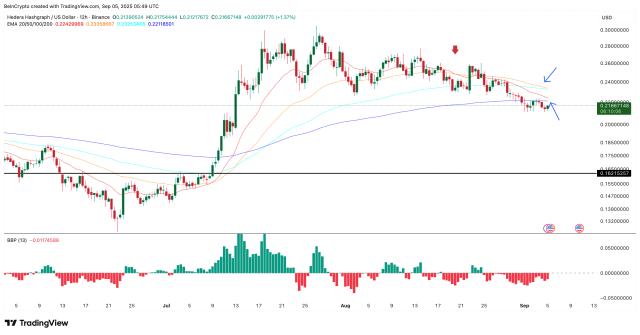Index
ToggleThe proposal to tax the transfer of digital assets such as Bitcoin, Ethereum and other cryptocurrencies is attracting great attention from the investment community in Vietnam. This is considered an important step in the process of perfecting the legal framework to effectively manage the increasingly strong digital asset market.
Ministry of Finance proposes: Tax on digital assets similar to securities
In the draft Law on Personal Income Tax (amended) recently submitted to the Ministry of Justice for review, the Ministry of Finance has added many new income groups to the personal income tax. Most notably, income from the transfer of digital assets - including virtual assets, cryptocurrencies and other digital products.
According to the proposal, digital asset transfers on exchanges that are transparent, publicly priced, and have frequent trading frequencies will be taxed at 0.1% of the value of each transfer , similar to current regulations for securities.
This means that when an individual sells Bitcoin, Ethereum or any other digital asset on a licensed exchange, they will have to pay taxes immediately on each transaction, regardless of profit or loss.
New income subject to tax
In addition to digital assets, the Ministry of Finance also proposed expanding the list of taxable income to include:
Transfer of national internet domain name “.vn”
Transfer of emission reduction certificates, carbon credits, green bonds
Transfer of auction winning car license plate
Other rights of use and ownership of assets as prescribed by the Government
Tax calculation for this group will be based on taxable income exceeding 10 million VND/time of occurrence , applying a tax rate of 5% , similar to current income from royalties or franchises.
Why does Vietnam need to quickly manage digital asset tax?
Taxing digital assets is considered to be in line with international trends . In many countries, Bitcoin, Ethereum and crypto Token transactions are already taxed as securities or investment income.
In China, the Personal Income Tax Law clearly stipulates taxes on income from asset transfers, including securities and real estate. The United States under President Donald Trump, who will be re-elected at the end of 2024, is also pushing for a stricter tax policy on cryptocurrencies to limit money laundering and financial fraud.
In Vietnam, in the context of Bitcoin and altcoin trading exploding on international exchanges, establishing a legal framework and tax policies will help the state manage better, while creating new sources of budget revenue.








